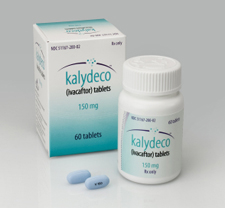Because of a rare but dangerous side effect, heart inflammation, Scandinavian countries are now discouraging the use of the Moderna vaccine in younger people.
We’ve seen other reports of severe illness and even death because of, or at least soon after, COVID-19 vaccinations. But we’re assured that serious side effects are so rare and the vaccines so effective that the wisdom of getting vaccinated is self-evident.
But what’s more evident? They’re forcing you.
If you’re “vaccine-hesitant” for any reason — even if you’ve already got immunity because of a COVID-19 infection — too bad. A public-private partnership to mandate vaccination is already costing many people their jobs.
Now it’s costing people a chance for a kidney.
So ordains University of Colorado Hospital, whose Kidney Transplant Coordinator, Katie Harmann, tells Leilani Lutali that she “will be removed from the kidney transplant list” until she is vaccinated.
Note that the opportunity is not being withdrawn because the prospective recipient is sick with COVID-19 and therefore is about to kick the bucket anyway. The hospital is treating the patient’s assessment of her own risk as irrelevant.
Lutali says, “I feel like I’m being coerced into not being able to wait and see [whether the vaccine is the right thing to do], and that I have to take the shot if I want this life-saving transplant.”
This is the reality of rationed care in a largely socialist medical system.
And this is what Democrats lust for, even demand; and it is what they are working mightily to ensure — that our current messy, mixed healthcare system will soon become even more bureaucratic and restrictive.
This is Common Sense. I’m Paul Jacob.
—
See all recent commentary
(simplified and organized)


